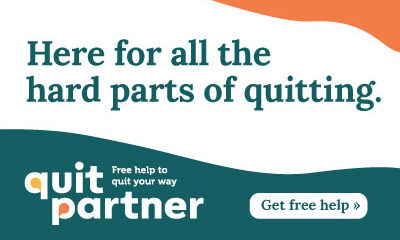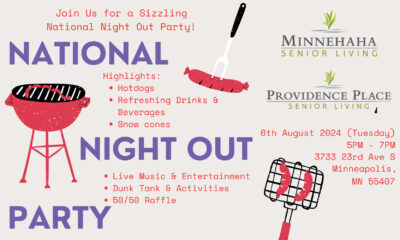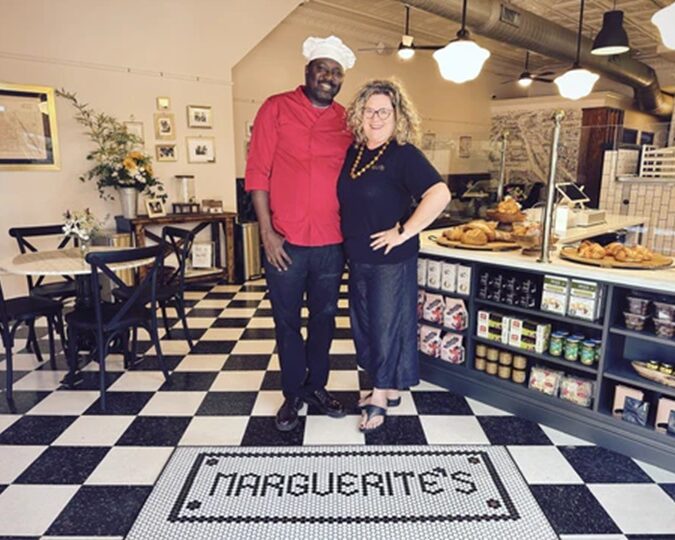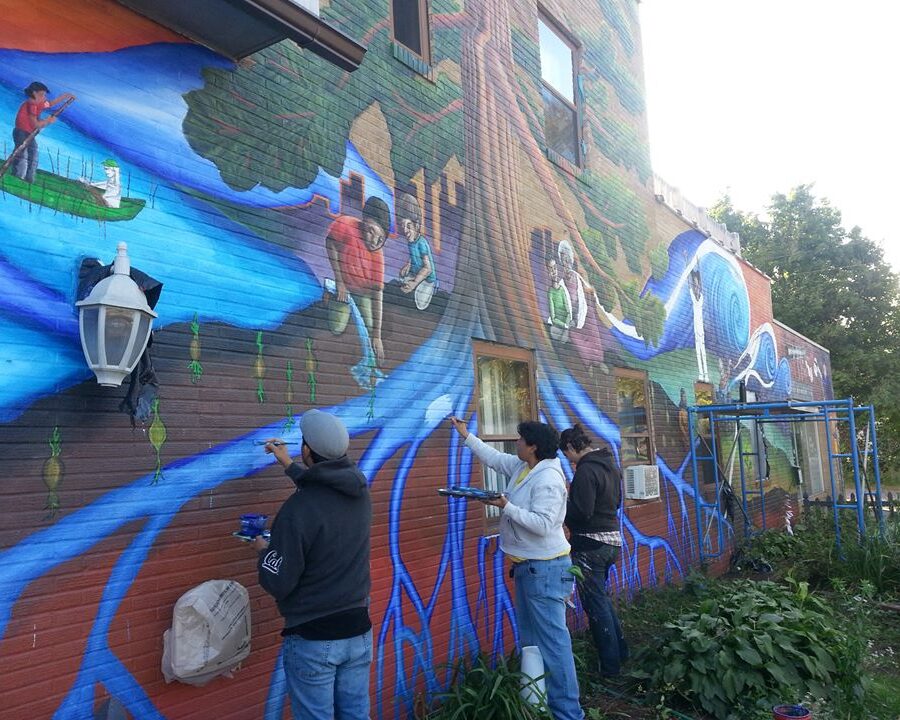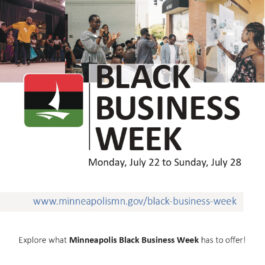BY ELAINE KLAASSEN
I support the City Council in its intention to defund the police. I’m assuming, though, this doesn’t mean there will be no public safety mechanism in place in the future. I’m hoping this means starting over from scratch, as I understand they did in Camden, N.J., redefining what it means to have a police force. Another city to look at, where massive reforms took place, is Athens, Ga. A friend of mine, Karin, has lived there since 1969 and says there was a man, Chief Joseph Lumpkin, Sr., who took over the department and reformed it. One of the results is that now all police officers live in the community. The department is significantly more humane. Chief Lumpkin has won numerous awards, if you look him up.
My three recommendations for the new public safety department are:
1) Trauma healing.
Since police officers (peacekeepers) obviously experience trauma and abnormal levels of fear, they should have some kind of trauma healing programs in place—or maybe the opportunity to do Alternative to Violence Project (AVP) workshops, which are exactly about that: alternatives. I guess many police forces in Africa have done these workshops with great success. AVP doesn’t work with racism per se, but leads participants through a path to greater humanity and creativity. It eradicates the “them and us.”
2) No military weapons.
No military mentality. I’m all for conservation, I hate to see things go to waste as much as the next person, but finding a use for unused military weapons in the police forces of the nation is not a good plan and serves no one. I don’t know if the military mentality comes along with the weapons or if that has always been there. It seems as though the police demonize everyone. Everyone who is not the police is considered “the enemy” and must be controlled and conquered, especially black and brown people. I’m opposed to that mentality.
3) Officers (peacekeepers) need to monitor the behavior of other peacekeepers.
EPIC (Ethical Policing is Courageous) is one system that has worked well in New Orleans, apparently. Michael W. Quinn, retired Minneapolis police officer, in his book “Walking with the Devil: The Police Code of Silence: The promise of Peer Intervention” (2005, latest edition 2017), writes about EPIC as well as the general theme of ethics and integrity in policing.
Ed Felien at Southside Pride newspaper wrote these five essential steps three years ago, which definitely should be incorporated into the NEW form of peacekeeping:
“Here are five actions that must be taken to restore confidence in the MPD:
“1) The actions of the MPD must be subject to review by the Minneapolis Civil Rights Commission. Every other employee in Minneapolis, every other citizen or visitor to Minneapolis is subject to the civil rights ordinances of Minneapolis. The MPD are exempt. This tells them they are above the law. This can be changed by an action of the City Council.
“2) There must be a full review of the police reports of the Jamar Clark and Terrance Franklin killings by the Minnesota attorney general and the Minnesota Civil Rights Commission. This must be requested by the mayor and City Council. Even a superficial reading of the reports reveals obvious examples of police misconduct. Officers responsible for misconduct must be held accountable.
“3) There must be a public review of the training of MPD officers. The training films of the discredited Lewinsky that encourage a ‘Shoot first, ask questions later’ must be stopped and repudiated.
“4) We need a much greater reliance on block clubs to maintain public order. In especially troubled neighborhoods, the city should pay block club captains to act as welcome wagon hosts for new residents, telling them about government services, educational and employment opportunities.
“5) There must be a residency requirement for all city employees. The MPD must ‘Protect and Serve’ all the people who live in this city. They are not an occupying army.”
Recently, my friend Karin’s daughter, who also lives in Athens, Ga., had to call the police because a friend and neighbor of hers, whom she has known for 20 years, suddenly had a psychotic episode. He was throwing rocks through her windows and threatening to kill her. Krysia, my friend’s daughter, knew the policemen who came. On the phone already she had told them that her threatening neighbor, Oliver, was not a criminal and was having a mental breakdown. They came to protect her, and called the mental health unit to care for Oliver and take him to the hospital. Maybe they listened to her because they were acquainted. (I don’t know if race and class figured into the positive result of this interaction. Karin says most of the South is more racially mixed than Minnesota and the Athens police department reflects the mixture. Krysia and Oliver are white and are both artists.)
The police, here in Minneapolis, anyway, have a sense of being persecuted. The more persecuted they feel, the more abusive they become. One time, a young man came to my house to look at the water meter. I was upstairs playing the piano. When he came up from the basement, he said something about music and we had a conversation. It turned out he was in training to become a police officer. He was worried about the bad reputation of the police, though. Then he said what I’m sure he had heard in his training, that positive public attitudes toward the police come and go and right now we were in a stretch in which the public didn’t like the police very much. It appeared he thought it had to do with trends, and had nothing to do with how the police conduct themselves.
The relationship between the community and the police force is crucial. My friend Marilynn, who is BIPoC, was at the mall one Xmas. There was a multiracial group of rowdy teens in the hallways who were yelling and swearing at customers minding their own business and trying to get their Xmas shopping done. Finally, a white police officer, about 40, in full gear, with guns and all, who had been working in one of the stores, came out and said to the kids in a forceful, authoritative tone, “Hey, have some respect, please.” She said the kids settled down, got quiet and walked away. She went up to him and said, “I just wanted to say thank you for your service. I saw what you did and I appreciate it.” She said his eyes watered up. “You know,” he said, “It’s hard. I feel like I’m losing my humanity and my faith in humans [at this job].” He said a little bit more but then pulled back, as though he had said too much. She assured him she knew what he was talking about, based on her years working as a nurse in the county emergency department in Houston. A jolly old police officer she knew in Houston told her as he was about to retire, “If you were my daughter, I’d never let you date a policeman. They become assholes. They have to.”
I don’t hate the police. Yet, even though they don’t have a reputation for harassing old white ladies, I am still quite afraid of them. I recognize that they deal with danger and trauma and maybe boredom. They see the worst that humanity has to offer, they see people at their worst, when they are weakest, making bad decisions, struggling with their own traumas, etc. And, of course, they want to go home at night, that’s a perfectly legitimate desire. (We wish when they went home at night, they didn’t have so far to go.)
I heard that one of the changes made in Camden, N.J., was that the focus became not just on making sure the police made it home alive, but on making sure the police officer, the victim and the perpetrator ALL got out alive.
People who break the law are human beings. The police are human beings. This is the bottom line for creating a new system.




